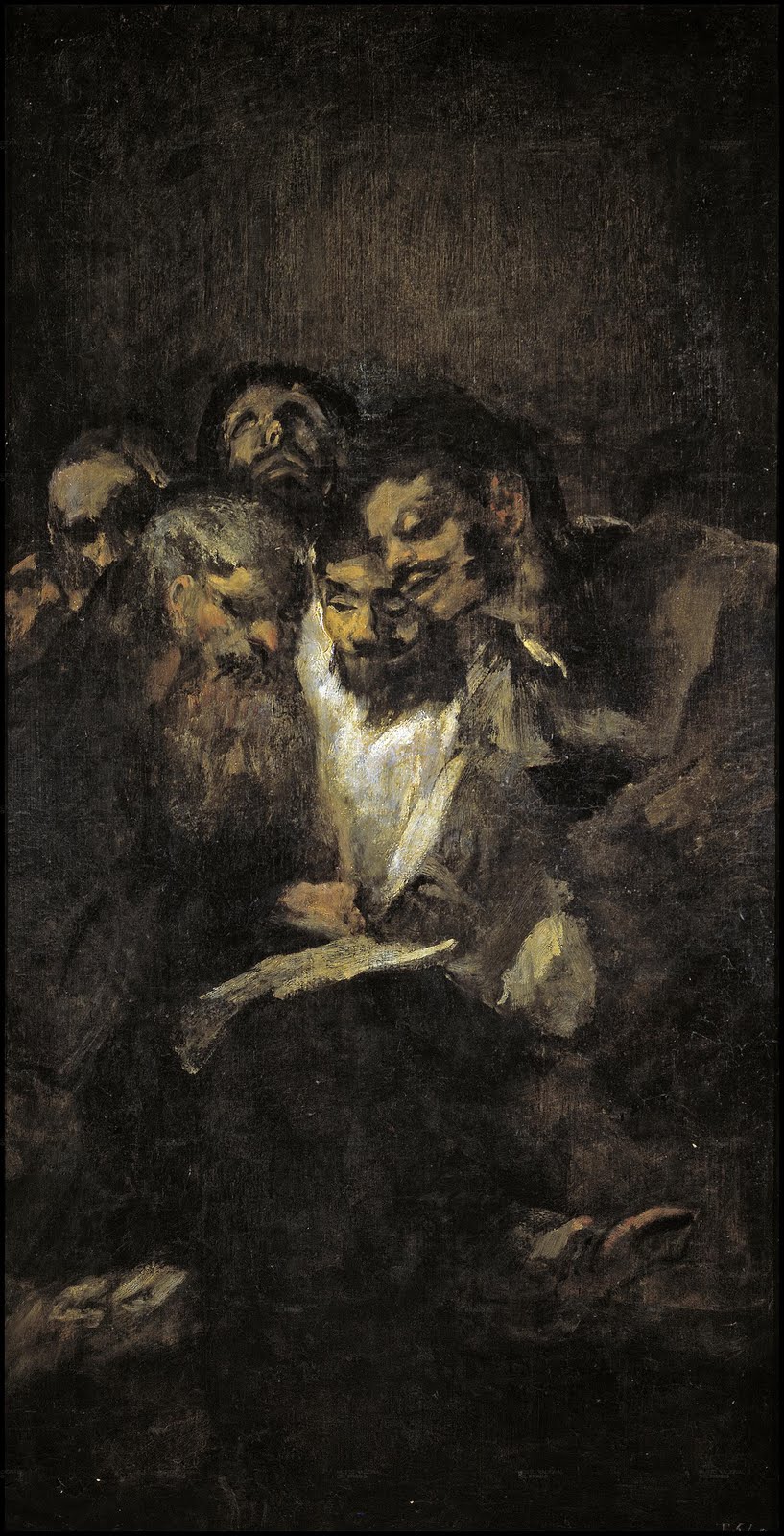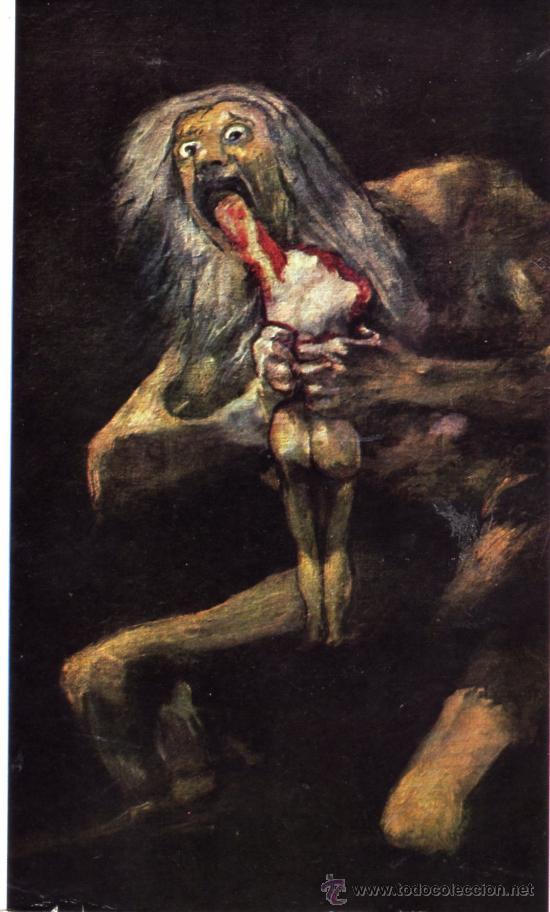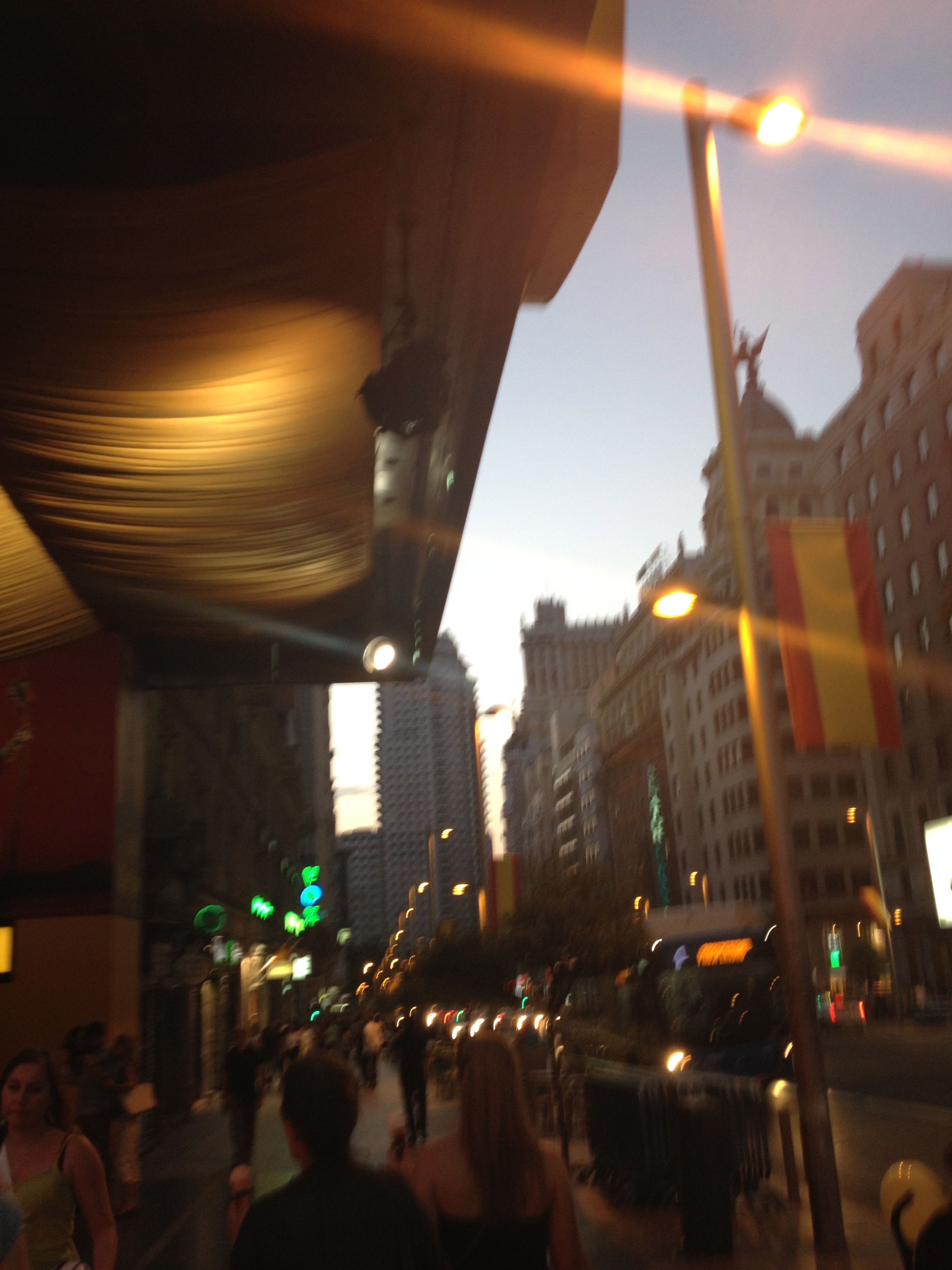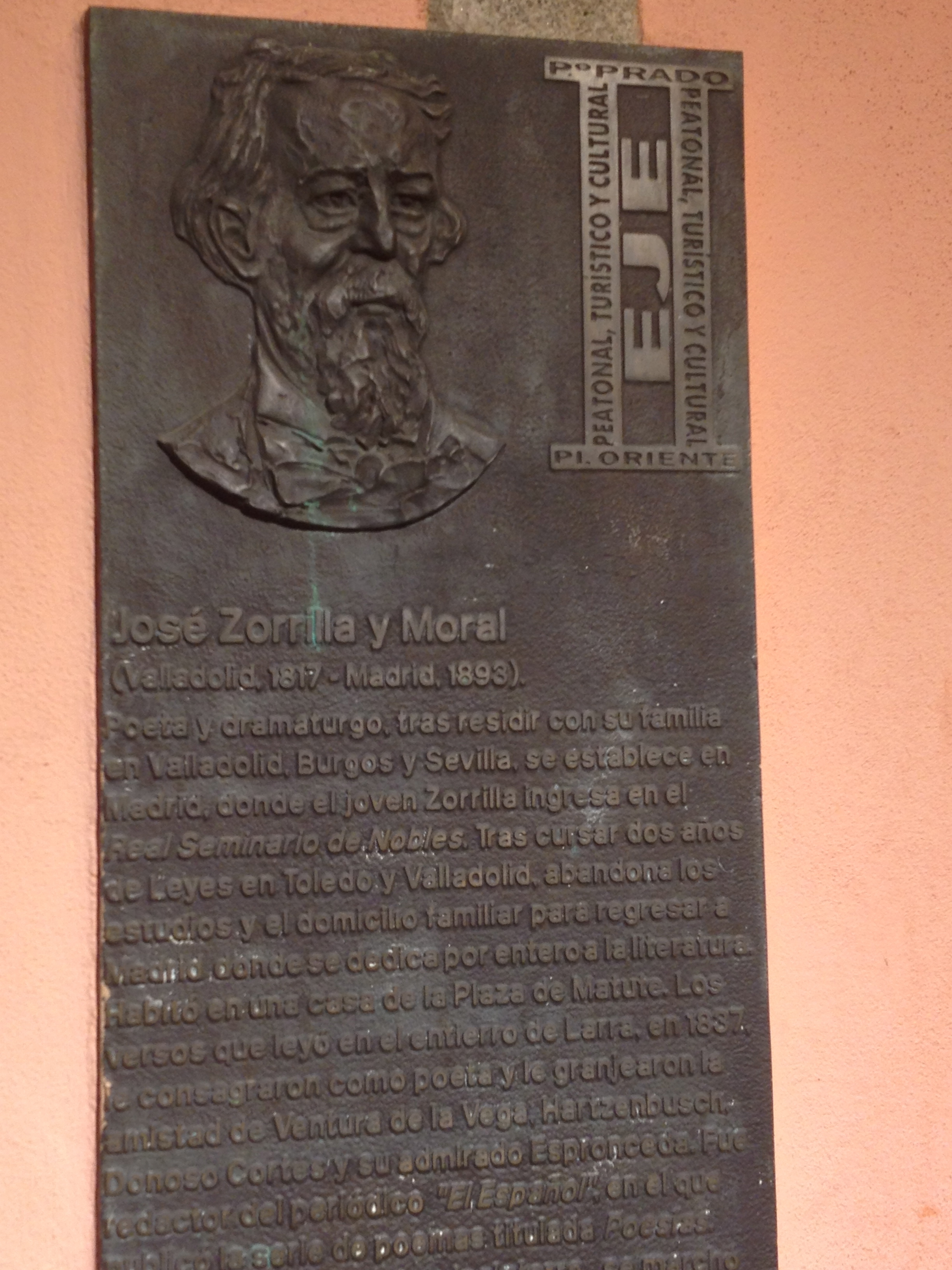Hey Gente,
Sorry for the delay, finally back stateside and am using the time to get my bearings: new poetry events, new poems and new job functions in the works- not to mention some quality time with the wifey!
Ok, so if you are ready, then let's get started:
THE LAST OF SPAIN
The street I lived on while in Madrid - Calle Gurtubay 4, Iqz 4o , Madrid, SP
The third to last night of the trip, we watched an amazing rendition of Moliere's "MISANTHROPE" - here is the synopses of the original French play:
"Much to the horror of his friends and companions, Alceste rejects la politesse, the social conventions of the seventeenth century French salon. His refusal to "make nice" makes him tremendously unpopular and he laments his isolation in a world he sees as superficial and base, saying early in Act I, "... Mankind has grown so base, / I mean to break with the whole human race.”
Despite his convictions, however, Alceste cannot help but love the flighty and vivacious Célimène, a consummate flirt whose wit and frivolity epitomize the courtly manners that Alceste despises. Though he constantly reprimands her, Célimène refuses to change, charging Alceste with being unfit for society.
Despite his sour reputation as "the misanthrope," Alceste does have women pining for him, particularly the moralistic Arsinoé and the honest Eliante. Though he acknowledges their superior virtues, his heart still lies with Célimène. His deep feelings for her primarily serve to counter his negative expressions about mankind, since the fact that he has such feelings includes him amongst those he so fiercely criticizes.
When Alceste insults a sonnet written by the powerful noble, Oronte, he is called to stand trial. Refusing to dole out false compliments, he is charged and humiliated, and resolves on self-imposed exile.
His friends forsake him, and upon meeting them, he discovers that Célimène has been leading him on. She has written identical love letters to numerous suitors and broken her vow to favor him above all others. He gives her an ultimatum: he will forgive her and marry her if she runs away with him to exile. Célimène refuses, believing herself too young and beautiful to leave society and all her suitors behind. Philinte, for his part, becomes betrothed to Eliante. Alceste then decides to exile himself from society, and the play ends with Philinte and Eliante running off to convince him to return."
Playbill for "MIsantropo"
So the Spanish version changes up a few things and gives it a much more contemporary feel - the backdrop of the play is a single night at a nightclub. The characters are somewhat the same, but they come and go in and out of the club - partaking of drugs, fiddling with cell phones, taking a piss in the alley way - the lines are the same, the energy is the same, but the motifs used to deliver the action are modern day devices - messages in letter are now texts and posts on cell phones - Oronte's sonnet is not a sonnet, but a song, and he is now a up and coming music celebrity.
The play, overall, was a smooth ride. There are moments when Alceste breaks the "4th wall" sortaspeak - he is aware of something else around him- there were moments when the action goes into slow motion around him or things so silent around him - each of the players actually slows down movements and goes silent as the lighting bleeds out in a bright white light around Alceste as he takes notice of something, a thought, a brief moment of fatigue or an idea that strikes him, and then just like that, the moment is over and he comes out of it, in a daze. Here, its as if his exile is already starting to become much more self-imposing from the get go. It was a pretty neat play!
The next night, we watching a Zarzuela -
A zarzuela is a Spanish lyric-dramatic genre that alternates between spoken and sung scenes, the latter incorporating operatic and popular song, as well as dance. As such, it was my first time seeing one and to tell the truth, I didn't know what the hell was going on. In this case - it would best be seen by someone who understands the very nature and lifestyle of the Spanish people. It was a cool show, but most of the jokes and the critiques fell flat for me, but the rest of the crowd were well entertained.
The fun for the group started later on that night, as we walked away from the theatre and made our way down back to la Plaza de Santa Ana - and slowly walked around. As we walked down the street - I can't tell you the one, for the life of me, we ran into a bar - the "PopulArt Jazz Bar" - and out of it rang the most amazing jazz music - like this:
It was an amazing moment. It was exactly what the night called for.
On the next and final day, we went to check out the Prado and I found several pieces of art that would make for a good ekphrastic poem (or 3) -
From there, we had a free day, until that night. I spent the day running around the park and absorbing the last of Madrid in el Parque del Retiro. It was a nice day and an amazing evening, as we had the chance to check out an amazing dinner and a Flamenco show:
It was a marvelous way to end an amazing night in Madrid. Of course, once we were done with dinner and the Flamenco show WE HAD TO GET DOWN TO BUSINESS:
And with that, so ended my trip to the UK and Spain. It was an amazing opportunity and I loved getting to travel with classmates, with writers and getting to know their thoughts about writing and the process of creating art. I already miss the spaces and the night time...
Thank you, Profe - and to you my MFAers and the rest of the Miners for making this a special trip!!!
NEXT WEEK!! - back to the blog at hand!!













